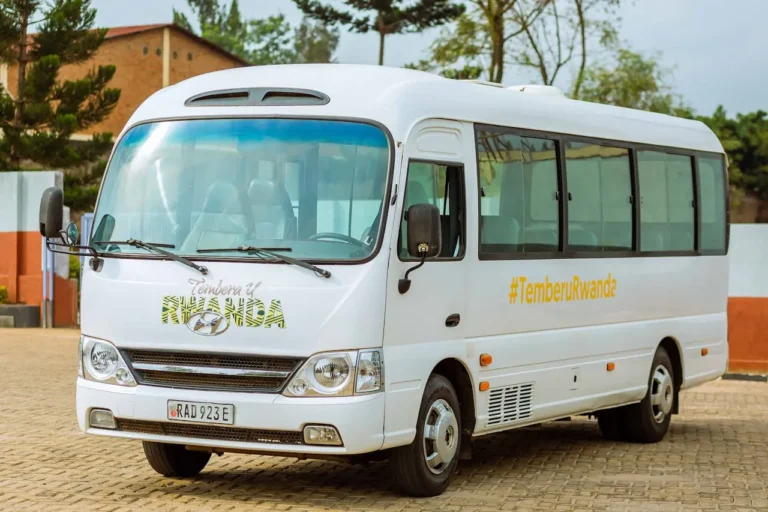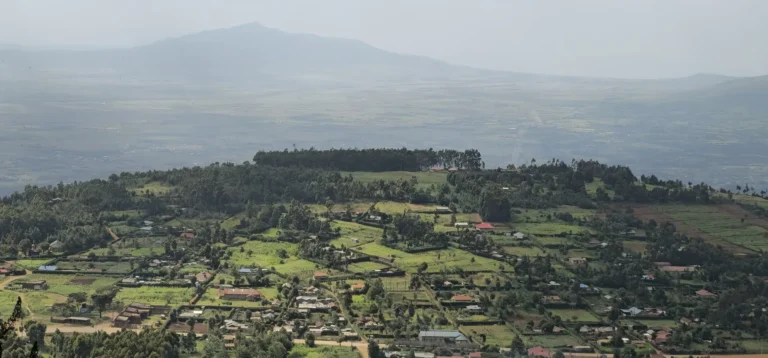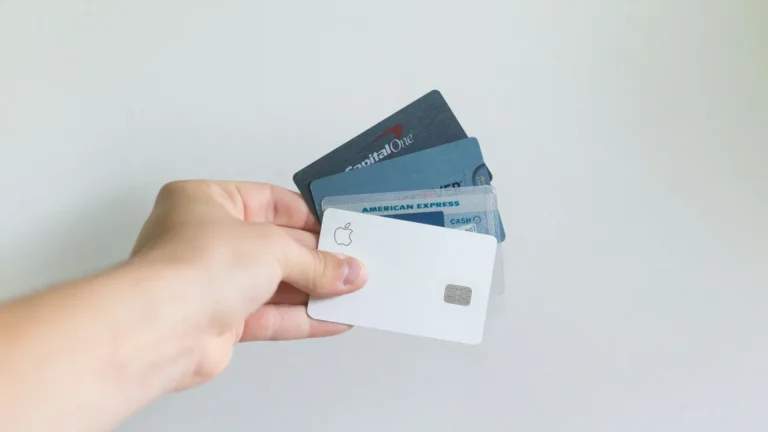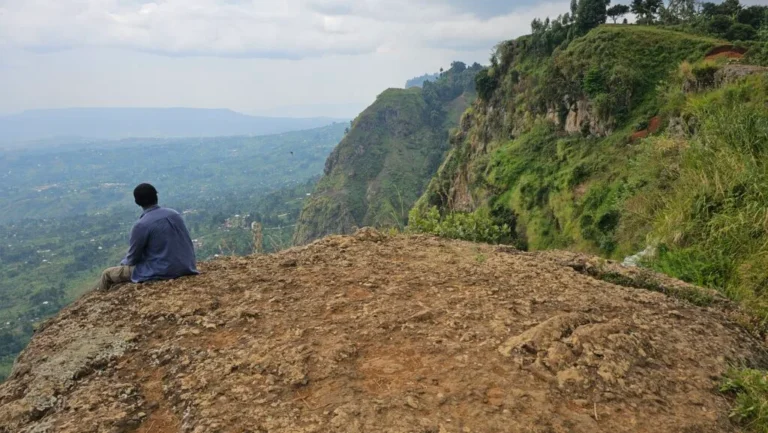A Comprehensive Guide: How To Avoid Unexpected Travel Expenses.
Experiencing new places and making lifelong memories while traveling is a thrilling experience. Unexpected travel expenses, however, can easily transform a great vacation into a financial nightmare. It’s crucial to be aware of potential unforeseen charges and take proactive steps to minimize them if you want to make the most of your trip budget. In…
Experiencing new places and making lifelong memories while traveling is a thrilling experience. Unexpected travel expenses, however, can easily transform a great vacation into a financial nightmare. It’s crucial to be aware of potential unforeseen charges and take proactive steps to minimize them if you want to make the most of your trip budget. In this thorough guide, we’ll examine all the many components of travel expenses and offer helpful advice on how to reduce the possibility of running into unforeseen financial difficulties.
Cost Of Transportation
If not carefully controlled, airfare expenditures can quickly rise. Think about the following to prevent unplanned costs.
- Plan your travel early in advance to get the best deals. If you book your flight tickets early enough, you’re more likely to get cheap tickets and avoid unexpected travel expenses.
- Use fare comparison tools and flexible travel dates to discover the greatest offers. Be flexible with booking dates to get cheap flying tickets.
- For potential savings, research alternate airports or flights. Compare ticket prices with other airlines to get the best deal.
- Reduce your luggage to save money. One of my rules when am flying is to reduce my luggage and do laundry if need be once I get to my destination. This will save you a lot of hustle.
- Research the costs and available local transportation options beforehand to avoid unexpected travel expenses.
- When possible, take the public transit because it is frequently less expensive than a cab or a rented car.
- For reduced fares, think about getting local transportation passes or cards.
- Parking expenses might quickly deplete your budget if you intend to drive or rent a car to get to your destination. To reduce unforeseen costs, do some advance research on parking choices, such as rules for street parking and public parking garages.
- Think into lodgings like motels that provide parking for free or at a reduced rate.
Costs Associated With Accommodation
- Hidden Fees: When making hotel reservations, be aware of additional costs including resort fees, Wi-Fi fees, and parking fees. Follow these instructions to prevent surprises:
To find out if there are any additional costs related to the property, read the small print and reviews of the same property beforehand. - Before making a reservation, speak with the hotel directly to find out if there are any additional costs.
- Alternative lodgings, such hostels or vacation rentals, may have fewer extra fees, so think about staying there.
- Upgraded rooms: Although an upgrade can improve your travel experience, it frequently has an additional cost. To prevent unforeseen costs, establish a budget for lodging and stick to it, avoiding the need to upgrade. Put your needs first and choose accommodations that will satisfy your fundamental demands without breaking the cash. Look for limited-time offers or campaigns that come with free upgrades.
Resort Fees
A lot of resorts charge per-day resort fees for services like Wi-Fi, pool access, and fitness centers. To prevent unexpected expenses for resort fees:
1. Look for resorts that don’t have any extra fees or have affordable prices.
2. When making a reservation, enquire about resort fees and think about bargaining to have them waived or decreased.
3. Investigate other lodging options, such as boutique hotels or guesthouses, which might provide comparable services without the resort charge.
Food And Dining Expenses
Cooking versus eating out: When traveling, eating out might be expensive. Take into account these suggestions to manage your food budget:
- Combine eating out with meals you cook yourself. Select lodgings that offer kitchenettes or access to shared kitchens.
- Purchase the items needed for straightforward dinners at nearby markets and grocery stores.
- To sample the local cuisine without breaking the budget, explore economical street food and neighborhood restaurants.
Hidden Restaurant Fees: Automatic gratuities, service fees, and other fees may be tacked on to your bill by restaurants. To Avoid surprises,
- Find out if any additional fees are stated, carefully read menus.
- To prevent tipping twice, ask about service fees or gratuities up front.
- Before paying, carefully review your bill and challenge any inconsistencies.
Tipping Customs: Different nations have different tipping customs. You can avoid tipping excessively or inadequately if you are aware of regional customs. Here are some recommendations:
- Preparatory research should be done on local tipping practices.
- To figure out how much to tip, consult guides or apps.
- To avoid being recognized as a visitor, observe how locals behave and adopt their style.
Expenses for Activities and Sightseeing
Entrance fees are required at a number of well-known attractions and tourist destinations. To control these costs:
1. Learn about admission costs and any potential discounts, do some research on the attractions beforehand. 2. Look for tourist cards or city passes that provide cheap access to a number of attractions.
3. Set aside money for the attractions that are most important to you and prioritize them.
Guided Tours: Although they can improve your trip experience, guided tours can be expensive. Take into account these suggestions:
1. To save money, look into free or self-guided tour choices.
2. To make sure you get the most for your money, compare the costs and testimonials of several tour operators.
3. If you want to split the expense of private trips, think about signing up for group tours or finding travel partners.
Souvenirs: Purchasing souvenirs can easily turn into an unforeseen expense. To keep costs down:
- Budget for souvenirs and stick to it.
- Look for local markets or artisan stores where you can discover one-of-a-kind mementos at a fair price.
- Instead of purchasing customary mementos, think about investing in useful products or memorable experiences.
Fees For Currency Exchange And Banking
ATM withdrawal charges: Using ATMs overseas may result in significant withdrawal charges. Here’s how to cut these expenses down:
- Find banks with cheaper or no withdrawal fees by researching the local banking situation in your destination.
- Reduce the frequency of larger withdrawals to cut down on transaction costs.
- Use a debit card that is suitable for travel that has low or no international ATM fees.
- Beware of dynamic currency conversion (DCC) when using your credit card to make purchases outside of your country. DCC gives the business the option to convert the payment into your country’s currency, frequently at a less favorable exchange rate. To avoid paying extra fees:
- Always request to be billed in the local currency as opposed to your own.
- To make sure you’re not being overcharged, familiarize yourself with the exchange rate.
- Use a credit card that doesn’t charge foreign transaction fees or has good foreign exchange rates.
Foreign transaction fees on credit cards: Many credit cards charge fees for transactions done in different currencies. To avoid or reduce these fees, take into account the following measures:
- Do some research on credit cards that have minimal or no foreign transaction fees.
- To avoid any holds or problems while traveling abroad, let your credit card company know about your vacation intentions.
- Use alternate payment options like prepaid cards or travel cards, which have cheaper costs and competitive exchange rates.
Insurance For Travel
Medical Emergencies: Unexpected medical emergencies might incur significant costs. To protect against unforeseen medical expenses:
- Invest in comprehensive travel insurance that includes coverage for hospital stays and emergency medical care.
- Know your travel insurance policy’s coverage limits, exclusions, and claim procedures.
- Always keep important paperwork on hand, such as your insurance policy details and emergency contact information.
Trip Cancellations and Delays: Trip cancellations, aircraft delays, or missed connections can cause travel interruptions that result in higher costs. To lessen these financial obligations:
- Choose travel insurance that offers coverage for trip interruption and cancellation.
- Recognize the terms and circumstances of the policy covering trip cancellations, delays, and eligibility for reimbursement.
- For insurance claims, keep copies of all pertinent documents, including tickets, invoices, and evidence of delays.
Personal Property Lost or Stolen: Losing or having personal property stolen while on vacation can be upsetting on an emotional and financial level. To reduce potential losses, use the following safety measures:
- Consider obtaining travel insurance that covers lost or stolen property.
- Note down the serial numbers of expensive objects, if applicable.
- When you’re out exploring, lock up your belongings in hotel safes or with strong locks.
Unrelated Expenses
Baggage fees: Checked baggage, overweight baggage, and luggage that is larger than permitted are all subject to additional charges by several airlines. To prevent unforeseen luggage charges:
1. Before packing, familiarize yourself with the luggage regulations and practices of your airline.
2. To avoid paying for checked baggage, only bring what you need and think about utilizing a carry-on bag.
3. Before heading to the airport, weigh your luggage to make sure it doesn’t exceed the airline’s weight restrictions.
Without an international plan, using your cell phone while traveling can result in astronomical roaming fees. To control your communication costs,
- inquire about temporary SIM cards or international plans with your mobile service provider.
- When free Wi-Fi is available, use it to access the internet and communicate with others using messaging services.
- For data and local calling during your visit, think about buying a local SIM card.
Unexpected Taxes: Visitors to some locations may be subject to unanticipated taxes or fees. To get ready for these costs:
- Before leaving, do some research on the precise taxes or fees that will be charged at your destination.
- For peace of mind, factor them into your budgeting calculations.
- For the most recent details on any taxes or levies, get in touch with the local tourism boards or authorities.
Budgeting And Planning Wisely
Researching Destinations: To understand the potential costs connected with your chosen location, thorough research is essential. Think about the following:
- Investigate the cost of living in your intended location, taking into account the cost of food, lodging, transportation, and entertainment.
- Look for travel guides, forums, or blogs that offer information on the normal costs that travelers face.
- Because rates can change depending on busy travel times or special occasions, take into account how seasonal your location is.
Making a trip Budget: Making a thorough trip budget will help you plan ahead for costs and manage your money effectively. Here are some tips for making an efficient budget:
- List all the different spending categories, such as travel, lodging, food, activities, and other charges.
- Investigate average costs for each category and allot a reasonable sum based on your style of travel and preferences.
- To accommodate for unforeseen circumstances, include a buffer for unforeseen expenses.
Emergency Refund
Establishing an emergency fund expressly for your trip might provide you piece of mind and safeguard you against unforeseen costs. Think about the following:
- Your vacation budget should include some money set aside as an emergency fund.
- Save at least 10 to 20 percent of your overall travel budget to account for unforeseen expenses.
- Separate your emergency fund from your regular spending money, and only access it when absolutely required.
Traveling can be a rewarding and enjoyable experience, but unanticipated costs can quickly make you feel down. You can reduce the possibility of running into unexpected financial difficulties when traveling by being aware of the prospective expenditures and adopting preemptive steps. Don’t forget to thoroughly research your travel destination, plan your finances, and weigh the benefits of travel insurance. You may have fun traveling and avoid unforeseen costs with careful planning and wise decision-making. Happy travels!






